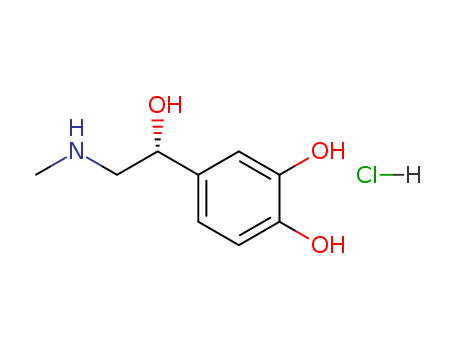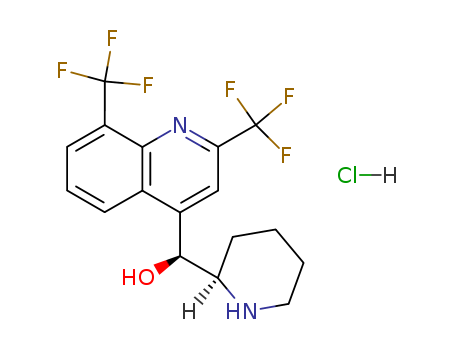
115436-72-1
- Product Name:Sodium risedronate
- Molecular Formula:C7H10NNaO7P2
- Purity:99%
- Molecular Weight:350.13
Product Details;
CasNo: 115436-72-1
Molecular Formula: C7H10NNaO7P2
Appearance: fine white to off-white crystalline powder
99% Pure Trustworthy Manufacturer Supply Sodium risedronate 115436-72-1 In Stock
- Molecular Formula:C7H10NNaO7P2
- Molecular Weight:350.13
- Appearance/Colour:fine white to off-white crystalline powder
- Vapor Pressure:4.03E-20mmHg at 25°C
- Melting Point:252-262°C
- Boiling Point:692.3 °C at 760 mmHg
- Flash Point:372.5 °C
- PSA:170.63000
- LogP:0.06380
Sodium risedronate(Cas 115436-72-1) Usage
|
Description |
Risedronate sodium is a nitrogen-containing bisphosphonate that inhibits osteoclast-mediated bone resorption and modulates bone metabolism. Risedronate sodium is used for the treatment of postmenopausal osteoporosis to reduce the risk of vertebral fractures, treatment of established postmenopausal osteoporosis to reduce the risk of hip fractures, treatment of osteoporosis in men at high risk of fractures, and treatment of Paget’s disease. It is marketed as Actonel (tablet) and Atelvia (delayed-release tablet). |
|
Chemical Properties |
Fine White to Off-White Crystalline Powder |
|
Originator |
Procter Gamble (US) |
|
Uses |
antibacterial |
|
Brand name |
Actonel (Procter & Gamble). |
|
Hazard |
Human systemic effects. |
|
Biological Activity |
Orally active biphosphonate that inhibits farnesyl diphosphate (FPP) synthase. Exhibits antiproliferative and proapoptotic activity in numerous tumor cell lines and inhibits osteoclast-mediated bone reabsorption in vivo . |
|
Biochem/physiol Actions |
Risedronate sodium is a bisphosphonate bone resorption inhibitor. It has an affinity for hydroxyapatite crystals in bone and acts as an antiresorptive agent and is an inhibitor of farnesyl diphosphate (FPP) synthase, which results in downstream inhibition of osteoclast activity and reduced bone resorption and turnover. Risedronate sodium has been used to treat postmenopausal osteoporosis and Paget′s disease. |
|
Clinical Use |
Bisphosphonate: Treatment and prevention of osteoporosis (including corticosteroid induced) Paget’s disease |
|
Drug interactions |
Potentially hazardous interactions with other drugs Calcium-containing substances: avoid for 2 hours before and after administration. |
|
Metabolism |
The mean bioavailability of risedronate is 0.63% in the fasting state, and there is no evidence of systemic metabolism of risedronate sodium. About half of the absorbed portion is excreted in the urine within 24 hours; the remainder is sequestered to bone for a prolonged period. Unabsorbed drug is eliminated unchanged in the faeces. |
InChI:InChI=1/C7H11NO7P2.Na/c9-7(16(10,11)12,17(13,14)15)4-6-2-1-3-8-5-6;/h1-3,5,9H,4H2,(H2,10,11,12)(H2,13,14,15);
Relevant Products
-
chlorophyllin copper complex sodium salt
CAS:65963-40-8
-
L-Epinephrine hydrochloride
CAS:55-31-2
-
Mefloquine hydrochloride
CAS:51773-92-3




